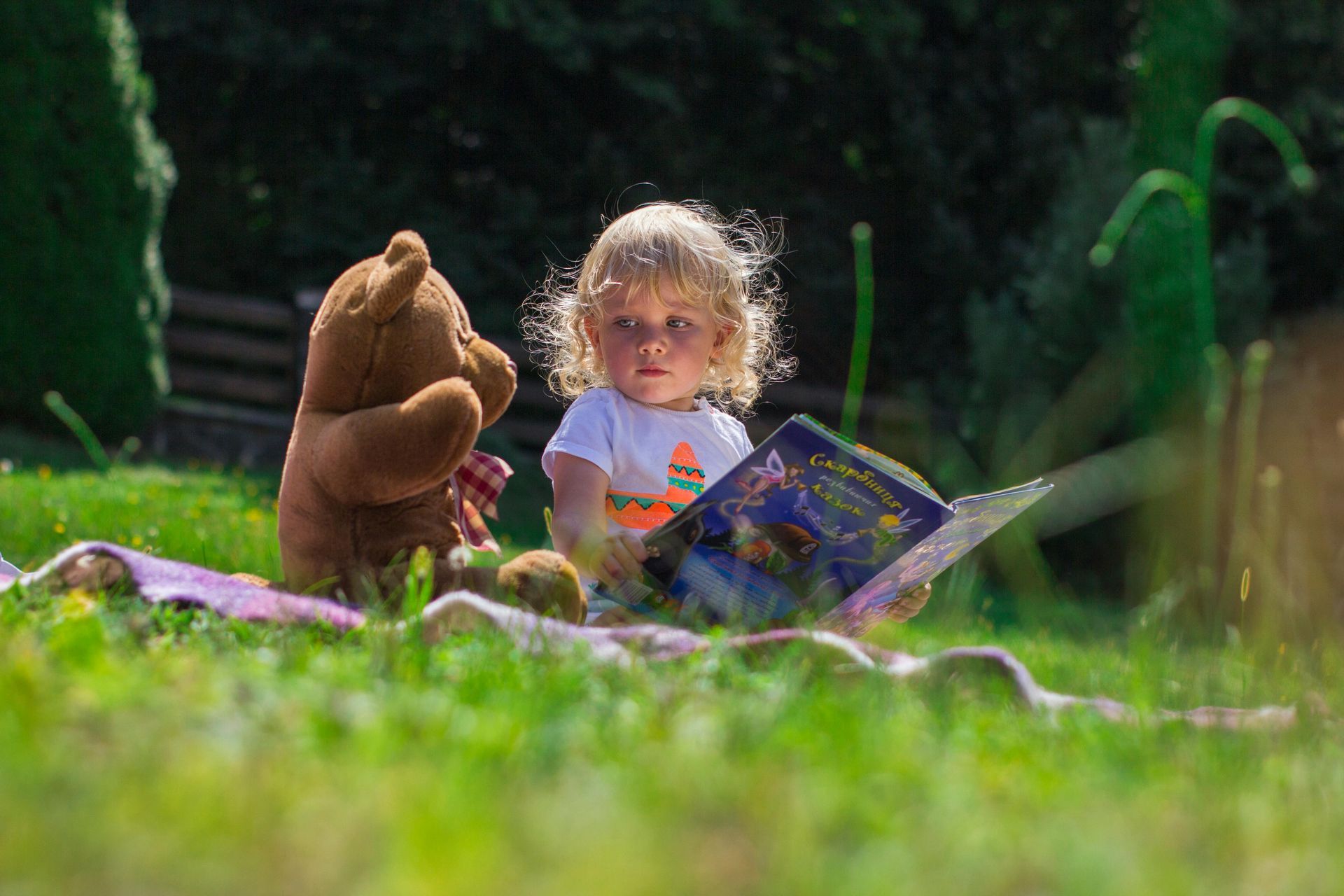Blog

In a digital age where screen time often dominates the daily activities of children, the importance of outdoor play has never been more crucial. Outdoor activities offer a multitude of benefits for children's physical, emotional, and social development. Physical Benefits Outdoor play significantly contributes to children's physical health. Activities such as running, climbing, and jumping are excellent for developing cardiovascular health, muscle strength, coordination, and balance. Exposure to sunlight during outdoor play is also vital for vitamin D absorption, essential for healthy bone development. Emotional Growth The great outdoors provides a unique setting that stimulates all senses, offering children rich experiences that indoor environments simply cannot match. This sensory play helps to cultivate curiosity and creativity. Moreover, overcoming physical challenges in a natural environment boosts self-esteem and resilience, teaching children the value of persistence and personal achievement. Social Skills Development Playing outside often involves group activities, which naturally encourage social interaction and cooperation. Whether it's a structured game of football or a spontaneous adventure in the park, children learn to negotiate rules, take turns, share success, and even handle disagreements. These interactions are crucial for developing strong social skills and learning to build relationships. Cognitive and Academic Advantages Studies have shown that children who engage in regular outdoor play demonstrate improved attention spans, better problem-solving skills, and higher academic performance compared to their less active peers. The natural environment is a dynamic and complex space that prompts children to think critically and make decisions quickly, enhancing cognitive abilities. Encouraging Outdoor Play To maximize the benefits, parents and educators should encourage children to engage in outdoor play as much as possible. This can be facilitated by setting up safe play spaces, organizing regular visits to local parks, and scheduling playdates with peers. Schools can also support outdoor learning environments that integrate curricular objectives with physical activity. In conclusion, outdoor play is not just about having fun. It is a vital part of childhood development that enriches health, enhances learning, and equips children with necessary life skills. Encouraging children to step outside and play is one of the best ways to ensure they grow up healthy, happy, and ready to face the world.










